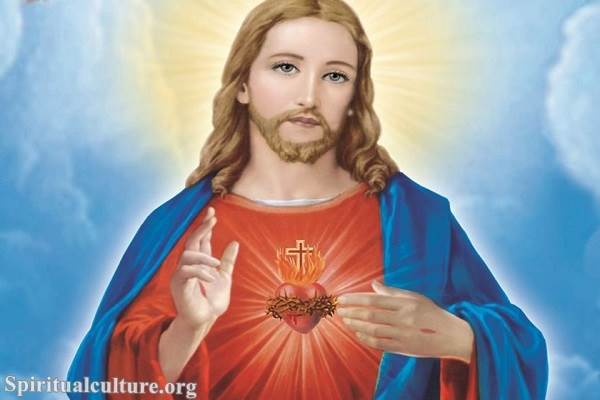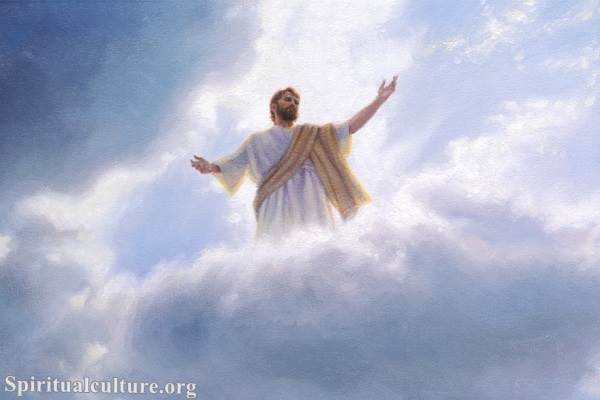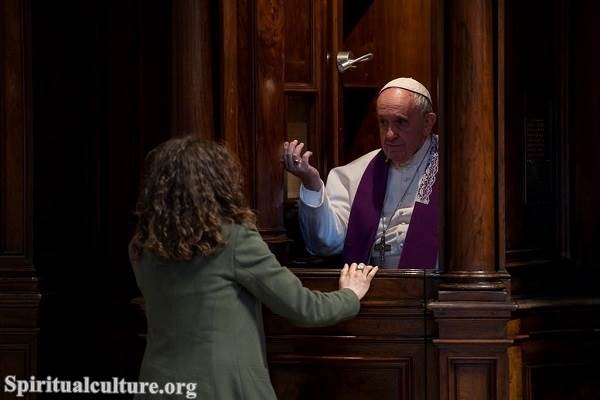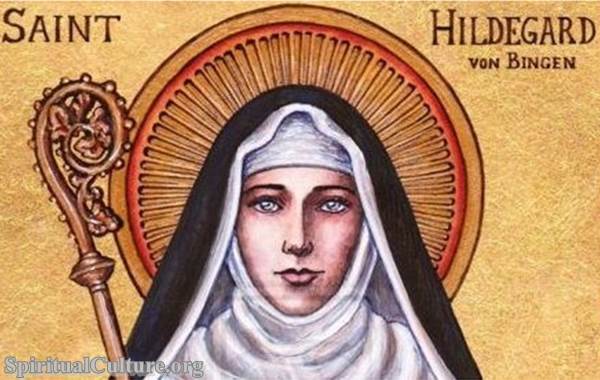Saint Maximilian Kolbe’s life and martyrdom are a testament to the power of faith and the strength of the human spirit. This article delves into the life and legacy of St Maximilian Kolbe, an extraordinary individual whose deeds continue to inspire millions of Catholics worldwide.
Saint Maximilian Kolbe was born as Raymond Kolbe on January 8, 1894, in Zduńska Wola, Poland. From a young age, he displayed a deep devotion to his Catholic faith, which shaped his life and actions. His religious journey began when he was just 13 years old when he joined the Conventual Franciscans. He was later ordained as a priest in 1918 and took the name Maximilian.
St Maximilian Kolbe’s work in the Catholic Church was not limited to his native Poland. He traveled extensively, spreading the word of God and serving communities in need. His travels took him to places like Japan and India, where he established monasteries and continued his missionary work. Despite his global ventures, St Maximilian Kolbe’s heart remained in Poland, where he founded the Niepokalanów monastery, which quickly grew into a major religious publishing center.
Saint Maximilian Kolbe is best known for his heroic actions during World War II. He was arrested by the Nazis and sent to the Auschwitz concentration camp in 1941 due to his opposition to the Nazi regime and his efforts to save Jewish lives. It was here that he demonstrated an act of self-sacrifice that would forever etch his name in the annals of Catholic history.
In the concentration camp, ten men were selected for starvation as a punishment for a prisoner’s escape. One of the selected men, Franciszek Gajowniczek, cried out in despair for his family. Hearing this, St Maximilian Kolbe voluntarily offered to take his place. He was then confined in a starvation bunker, where he led the other prisoners in prayer and offered them comfort. After two weeks without food or water, he was the last to remain alive, after which he was killed by lethal injection on August 14, 1941.
This act of selfless sacrifice earned him the title of “Martyr of Charity”. He was beatified by Pope Paul VI in 1971 and canonized by Pope John Paul II in 1982. His feast day is celebrated on August 14, the anniversary of his death.
Saint Maximilian Kolbe’s life and martyrdom have had a profound impact on the Catholic Church. His story continues to inspire Catholics around the world to live out their faith with courage and conviction. His devotion to the Catholic faith, his unwavering belief in the power of prayer, and his selfless acts of charity serve as a powerful example of Christian love and sacrifice.
In the realm of Catholicism, the name of Saint Maximilian Kolbe stands as a beacon of hope, reminding us of the power of faith and the potential for goodness in the face of evil. His life serves as a testament to the transformative power of Catholic teachings and the enduring strength of the human spirit.
As we remember and honor St Maximilian Kolbe, we are reminded of the core principles of Catholicism: love, sacrifice, and faith. His legacy continues to inspire and guide Catholics worldwide, serving as a potent reminder of the extraordinary power of faith and the potential for selfless love and sacrifice in the face of adversity.
In conclusion, Saint Maximilian Kolbe is more than just a historical figure in the Catholic Church. He is a symbol of faith, hope, and charity, embodying the very essence of Catholicism. His life story serves as a reminder that even in the darkest times, the light of faith can shine brightly, guiding us towards acts of love, compassion, and self-sacrifice. Truly, St Maximilian Kolbe is a saint for our times, a beacon of light in a world that needs it more than ever.






